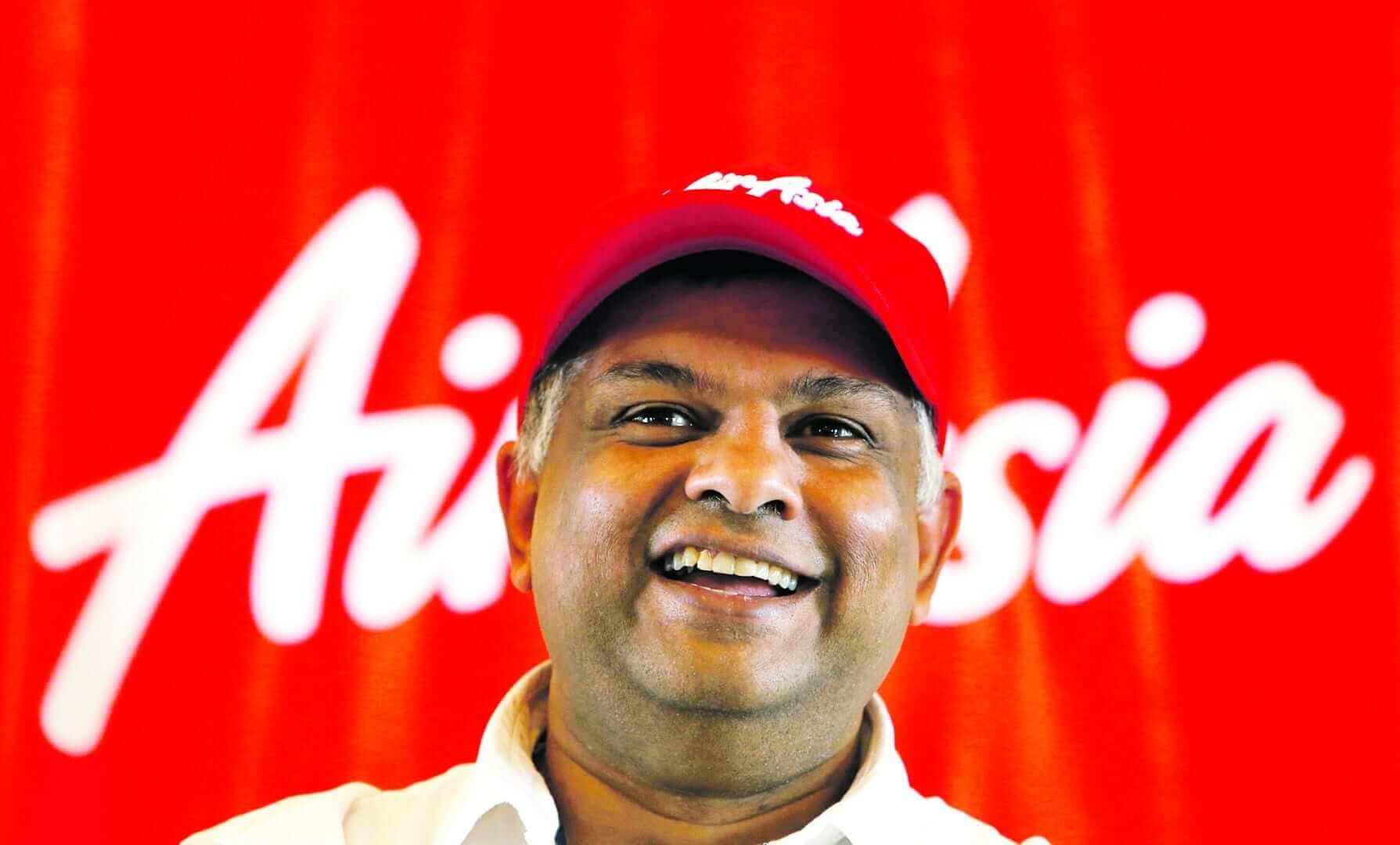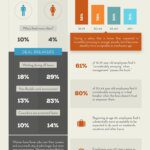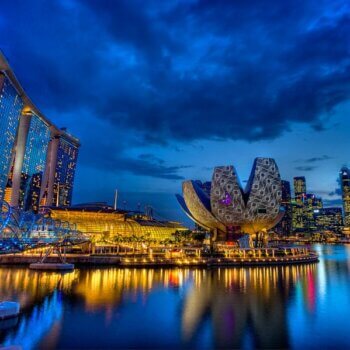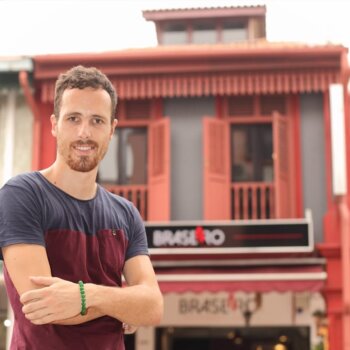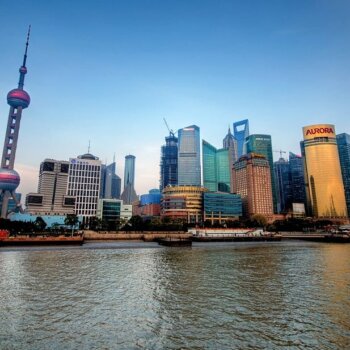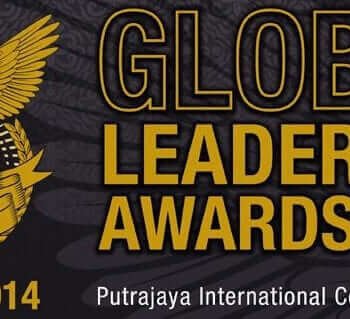He walks in to greet us and starts cracking jokes. Full of passion and charisma, his knowledge of every single detail of his company is evident. Spending time with Tony Fernandes, the founder of Air Asia, is an education in leadership and management of a unique kind.
I ask him what is it that makes this company so different, so successful, and so passionate about everything it does, creating a culture that shows on the faces of every single person in the company. He says, “Our corporate culture is it. It’s what makes us.” And it’s what makes this such a powerful story; Tony Fernandes is not an ordinary CEO and Air Asia is not an ordinary company.
Walking with him across the one floor where the company exists is like walking with a rock star getting ready to go on stage, except that every single person he says hello to is not a fan but part of the band (or brand for that matter). Management sits on one huge stage in an open space office, where the chief pilot has a corner desk looking at the operations team, which is right next to the flight attendant team, which is right next to the reception area, and where there is no call center but an online chat customer service team.
(Tony says that he shut down the call center because there was no use for it and it was not doing what it is supposed to do. So his website, where the client comes, books, pays, and complains, or rejoices, is one big happy floor– all connected, all visible, and all orchestrated by Tony).
If you did not know this was an airline, you would think you were walking into a dot com company, with a chief evangelist living in Kuala Lumpur, not in Silicon Valley.
So what is this corporate culture that changes lives and makes this company one of the most successful airlines in the world? It asks the question, “Hierarchy, what hierarchy?” Tony is a leader and a manager, but he is one of the team also. So his office is smack at the heart of the company, with no walls and no doors. Everyone sees him and he sees everyone. He is Tony to everyone and he is in his polo shirt and with his famous baseball cap. His only vice is that he gets a special parking slot right next to the door of his building, for his two-door white Peugeot.
Stepping out of his car to his office, which is next to the passenger terminal, he is stopped by clients who want his autograph and to take a photo with him. He talks to them, carries their bags, checks them in and walks the aisles of the plane.
So, can corporate culture be the only competitive advantage of a company? You bet it can. In a business of people, people make and break companies, and their happiness is what matters most. You can buy the best airplanes in the world and they will cost you hundreds of millions of dollars, but if you do not have the people to make this investment in your planes worthwhile, you’re going to vanish. The airline industry is filled with brands that one never thought would not exist today. Yet Tony, with his simple idea that people matter, and his ability to walk the talk, has created the ultimate people’s company, with billions of dollars in revenue and hundreds of million in operating income. How many companies could achieve such incredible margins, and how many airlines could run 100 aircrafts, with over 300 takeoffs and landings a day, and still make this much money? It’s a rare commodity by any rubric.
Tony Fernandes throws Michael Porter’s theories about the airline industry into disarray. Tony defies MBA theory, and gravity, just because his corporate leadership and management is one that makes working for an airline as cool as working for Google or Zynga or Facebook.
After 4 hours with tony, eating airline food with him at the open air cafeteria with every single trainee, captain, and ground handling staff, I walked away thinking that I just went to leadership school, and learned what I have always known: walking the talk is not a theory, it is life itself in the corporate world, in the leadership world, and in the consumer world, where customers rule through instant feedback on Facebook, Twitter, and everything in between.
So while we may continue to look West to learn, sometimes the real lessons occur where East converges with South, mixes with “down to earth,” and is energized by the magic touch of a leader who makes working a pleasure and puts a smile on every face.
Written by Fadi Ghandour. He is the CEO and Founder of Aramex.